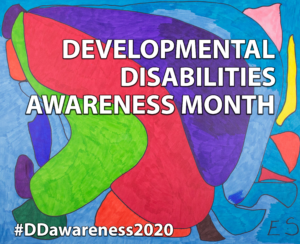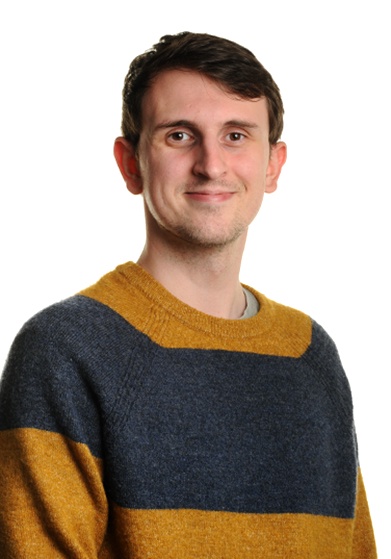Rare diseases and the diagnostic odyssey
Patients with undiagnosed rare diseases often undergo a long, stressful and costly testing process. This is called the ‘diagnostic odyssey.’ Standard testing involves numerous tests, missed diagnoses, and considerable stress and uncertainty for affected individuals and families. On average, it takes 5.6 years to get an accurate diagnosis. During this time, patients see an average of 8 doctors and receive an average of 3 misdiagnoses. It is hoped that new diagnostic tests such as whole genome sequencing will increase the number of accurate diagnoses. This may help to reduce the diagnostic odyssey for patients with rare developmental disorders.

The HERU genomics project
Researchers at HERU are currently working on an economic evaluation of genome-scale testing for the diagnosis of rare disorders in Scotland, in order to understand whether this might be a cost-effective option for the NHS. Many participants in this project are children with undiagnosed developmental disorders. The project aims to measure and value health outcomes from the patients’ point of view. It aims to determine which aspects of genomic medicine are most valued by patients. Accurate measurement and valuation of health benefits is particularly important in genetics. The normal questionnaire used to value health outcomes might miss many of the things that are most important to patients with rare conditions. By asking affected patients and families what is important to them, we can ensure that we are valuing the right thing.
DD Awareness Month and National Rare Disease Day
The HERU genomics project is particularly timely, as March was National Developmental Disabilities Awareness Month. This is an initiative set up by the National Association of Councils on Developmental Disabilities. It aims to create a social media campaign, highlighting the many ways in which people with and without disabilities come together to form strong, diverse communities. February 29th was also National Rare Disease Day. This annual campaign aims to raise awareness amongst the general public and policy makers about rare diseases and their impact on patients’ lives.

Image credit: Eileen Schofield and Jamila Rahini, courtesy of Art Enables DC.
Patient involvement in research
During Developmental Disabilities Awareness Month, the Genetic Alliance UK Research and Rare Conditions Conference was held at the Royal College of Physicians in Edinburgh. The conference was attended by clinicians, geneticists, health economists, patients and families. This broad range of people highlighted the many different issues faced by doctors, patients and researchers in genetics. Michael Abbott, from HERU, presented a short ‘Soapbox Session’ at the conference, titled ‘What can health economics do for genetics?’. The presentation highlighted that, as health economists, we are trying to capture which aspects of health benefit are most important to patients. This ensures that money spent provides the highest possible benefit to patients, at the lowest possible cost to the NHS. Genetic Alliance UK also hosted a separate online patient update, using Zoom video conferencing. This meeting connected researchers with patients to answer any questions patients might have about their genetic tests.
Why is patient involvement important?
Building awareness of rare diseases is important because an estimated 1 in 17 people will be affected by a rare disease at some point in their life. This means there are approximately 300 million people in the world who live with a rare disease. Despite this, there is no cure for the majority of rare diseases. Many people go undiagnosed. For this reason, patient involvement in research is vital for evidence-based decision making. Our current project involves interviews and focus groups with patients and families affected by rare diseases, with the aim of finding out what is important to them. This will help to direct future research, and to ensure that patients have a voice in health care decision making. The journey to a diagnosis can be long, and even then there is no guarantee of treatment or cure once a diagnosis is found. By involving real patients in research, we can show the true value of genomic medicine to patients with rare diseases. Our research will inform future genomic testing strategies for NHS Scotland, with the patient voice at the forefront.
Many thanks to Michael Abbott of HERU for his work developing this Blog post.
UPDATE - Michael is now undertaking a PhD at HERU on 'An evaluation of genomic sequencing for the diagnosis of rare conditions in Scotland'.
HERU is supported by the Chief Scientist Office (CSO) of the Scottish Government Health and Social Care Directorates (SGHSC). The views expressed here are those of the Unit and not necessarily those of the CSO.



